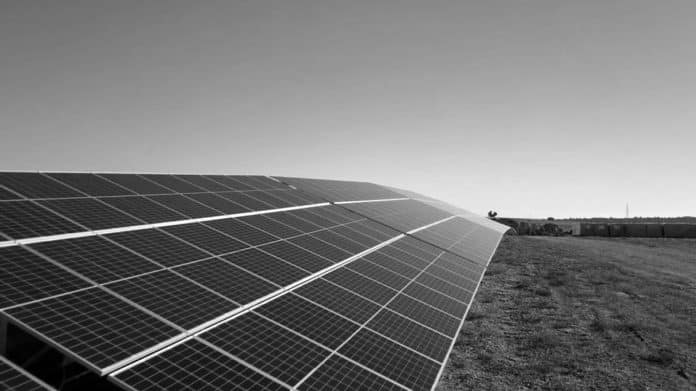Solar Panel Prices in Tanzania: How to Choose the Right System for Your Budget
Are you considering switching to solar energy but feeling overwhelmed by the wide range of solar panel prices in Tanzania? Don’t worry, we’ve got you covered! In this article, we will guide you through the process of choosing the right solar panel system for your budget. With the growing demand for renewable energy sources, solar panels have become an increasingly popular choice for homeowners and businesses in Tanzania. However, with so many options available, it can be challenging to determine which system is the best fit for your needs and budget. That’s where we come in. We’ll break down the different types of solar panels available, explain solar panel price in Tanzania and how to calculate the cost of a system and provide tips on choosing a reputable installer. By the end of this article, you’ll be equipped with the knowledge and confidence to make an informed decision and embark on your journey towards a greener and more sustainable future.
Factors Affecting Solar Panel Prices
Solar panel prices in Tanzania can vary depending on several factors. Understanding these factors will help you make an informed decision and choose a system that fits your budget.
Firstly, the size of the system plays a significant role in determining its price. A larger system will generate more electricity, but it will also cost more upfront. Consider your energy needs and available roof space when deciding on the size of your solar panel system.
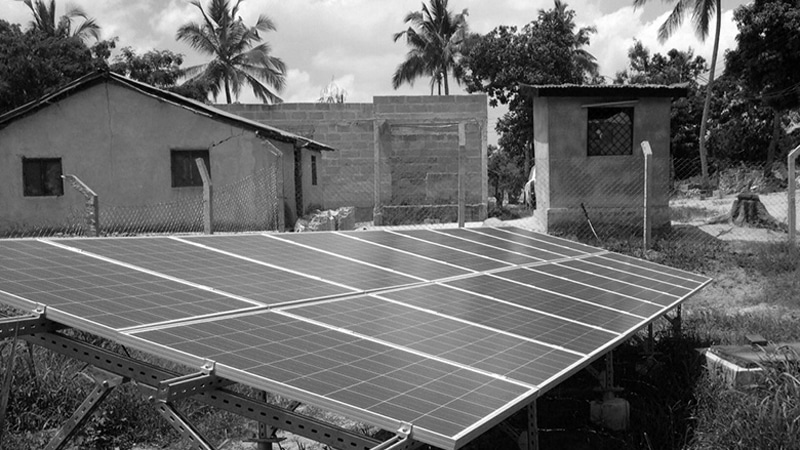
Secondly, the type of solar panels you choose will impact the overall cost. There are three main types of solar panels: monocrystalline, polycrystalline, and thin-film. Monocrystalline panels are the most efficient but also the most expensive. Polycrystalline panels are slightly less efficient but more affordable. Thin-film panels are the least efficient but also the cheapest option.
Lastly, the quality and brand of the solar panels can affect the price. Well-known brands often come with a higher price tag, but they also tend to offer better warranties and customer support. It’s essential to find a balance between cost and quality to ensure you get the best value for your money.
Types of Solar Panel Systems
Knowing the solar panel price in Tanzania is vital, but knowing the best type for your needs is more important before buying. There are two main types: grid-tied and off-grid systems. Understanding the differences between these systems will help you determine which one is the right fit for your budget.
A grid-tied system is connected to the main electricity grid. It allows you to generate your electricity and sell any excess power back to the grid. This type of system is generally more affordable because it eliminates the need for batteries to store excess energy. However, it does rely on a stable grid connection, so if there are frequent power outages in your area, a grid-tied system may not be the best option.
On the other hand, an off-grid system is independent of the main electricity grid. It requires batteries to store excess energy for use during periods of low sunlight or power outages. While off-grid systems provide more energy independence, they tend to be more expensive due to the additional cost of batteries and other components.
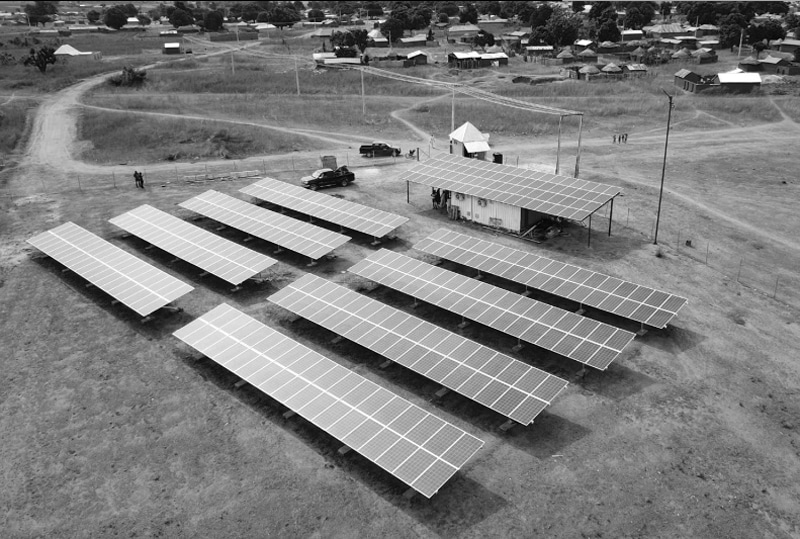
Consider your energy needs, location, and budget when deciding between a grid-tied or off-grid solar panel system.
Determining Your Budget for Solar Panel Installation
Before diving into the process of choosing a solar panel system, it’s crucial to determine your budget for installation. Setting a budget will help you narrow down your options and find a system that aligns with your financial goals.
Start by researching the solar panels prices in Tanzania, then assess your current energy expenditure. Review your electricity bills from the past year to get an idea of how much energy you consume and how much you spend on electricity. This information will give you a baseline for calculating the potential savings from installing a solar panel system.
Next, consider the upfront costs of installation. This includes the cost of the solar panels, inverters, mounting equipment, and installation labor. It’s important to factor in any additional costs such as permits, inspections, and maintenance fees.
Finally, think about the long-term savings and return on investment (ROI) that solar panels can provide. While the initial costs may seem high, solar panels can significantly reduce your monthly electricity bills and potentially pay for themselves over time. Take into account the potential savings over the lifespan of the system, which is typically around 25 years.
By assessing your energy needs, upfront costs, and long-term savings, you can determine a realistic budget for your solar panel installation.
Understanding the Cost of Solar Panels in Tanzania
Solar panel prices in Tanzania can vary depending on several factors, including the type of panels, the size of the system, and the brand. On average, the cost of a solar panel system in Tanzania ranges from TSH 3,000,000 to TSH 15,000,000, excluding installation fees.
Monocrystalline panels are generally the most expensive, with prices ranging from TSH 700,000 to TSH 1,000,000 per panel. Polycrystalline panels are slightly more affordable, with prices ranging from TSH 500,000 to TSH 700,000 per panel. Thin-film panels are the cheapest option, with prices ranging from TSH 300,000 to TSH 500,000 per panel.
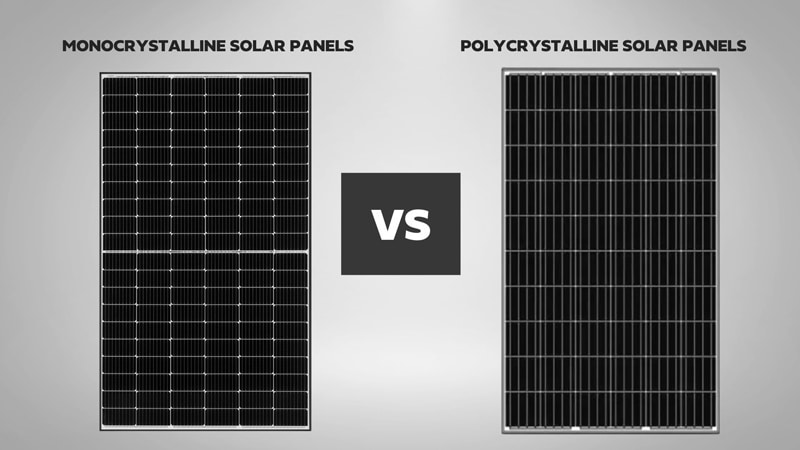
The size of the system will also impact the overall cost. A small residential system, capable of generating enough electricity to power a typical household, can range from TSH 3,000,000 to TSH 5,000,000. A larger commercial system, capable of powering a business or multiple households, can range from TSH 10,000,000 to TSH 15,000,000 or more.
It’s important to note that these prices are estimates and can vary depending on the specific requirements of your installation. It’s always recommended to consult with a reputable solar panel installer to get an accurate quote based on your needs.
Comparing Different Solar Panel Brands and Their Prices
When choosing a solar panel system, it’s essential to compare different brands and their prices to ensure you get the best value for your money. Here are a few reputable solar panel brands available in Tanzania:
- Jinko Solar: Jinko Solar is a globally recognized solar panel manufacturer known for its high-quality and high-efficiency panels. Prices for Jinko Solar panels in Tanzania range from TSH 600,000 to TSH 800,000 per panel.
- Trina Solar: Trina Solar is another leading solar panel manufacturer known for its reliable and affordable panels. Prices for Trina Solar panels in Tanzania range from TSH 500,000 to TSH 700,000 per panel.
- Canadian Solar: Canadian Solar is a well-established brand that offers a wide range of solar panels suitable for various applications. Prices for Canadian Solar panels in Tanzania range from TSH 400,000 to TSH 600,000 per panel.
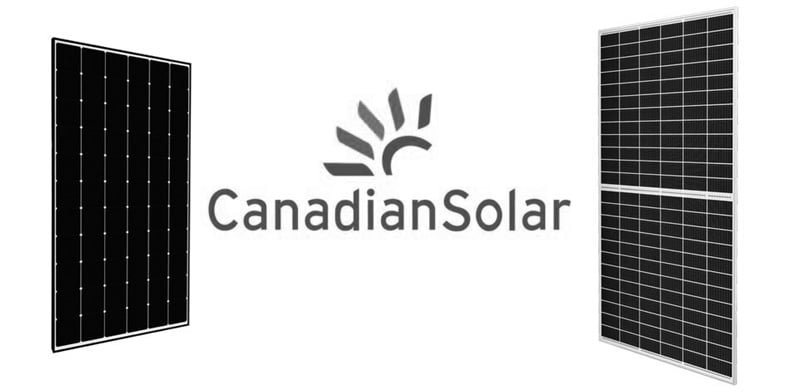
Canadian Solar Brand Logo - SunPower: SunPower is known for its high-efficiency solar panels and innovative technology. Prices for SunPower panels in Tanzania range from TSH 800,000 to TSH 1,000,000 per panel.
These are just a few examples of reputable solar panel brands in Tanzania. Researching and comparing different brands based on their efficiency, warranties, and customer reviews is essential to find the best fit for your budget and requirements.
Evaluating the Return on Investment (ROI) of Solar Panels
While the upfront costs of installing a solar panel system may seem high, it’s essential to consider the long-term savings and return on investment (ROI) that solar panels can provide.
Solar panels can significantly reduce your monthly electricity bills, allowing you to save money over time. The amount of savings will depend on your energy consumption and the size of the system. On average, homeowners in Tanzania can expect to save between 50% and 70% on their electricity bills after installing a solar panel system.
In addition to monthly savings, solar panels can also provide a financial return through net metering or selling excess power back to the grid. Net metering allows you to receive credits for any excess electricity you generate and feed back into the grid. These credits can then be used to offset your future electricity bills.
The exact ROI of solar panels will vary depending on factors such as the cost of electricity, the size of the system, and the amount of energy consumed. On average, homeowners in Tanzania can expect to recoup their initial investment within 7 to 10 years.
It’s important to consider the long-term financial benefits and potential savings when evaluating the ROI of solar panels. While the initial costs may be higher, the long-term savings can make solar panels a worthwhile investment.
Finding the Right Solar Panel System for Your Budget
Now that you have a better understanding of the factors affecting solar panel prices in Tanzania, the types of solar panel systems available, and the ROI of solar panels, it’s time to find the right system for your budget.
Start by assessing your energy needs and budget. Consider how much electricity you consume on a monthly basis and how much you’re willing to invest in a solar panel system. This will help you determine the size and type of system that fits your requirements.
Next, research and compare different solar panel brands and their prices. Look for reputable brands that offer a balance between cost and quality. Consider factors such as efficiency, warranties, and customer reviews to ensure you’re getting the best value for your money.
Once you have an idea of the system you want, reach out to reputable solar panel installers for quotes. Compare the quotes and consider additional factors such as installation fees, permits, and maintenance costs. It’s important to choose a reputable installer who can provide quality installation and offer ongoing support.
Lastly, explore financing options if needed. Solar panel installation can be a significant upfront investment, but there are financing options available to help make it more affordable. Some solar panel installers offer payment plans or leasing options that allow you to spread out the cost over time.
By considering your energy needs, budget, and the reputation of different brands and installers, you can find the right solar panel system that fits your requirements and budget.
Solar Panel Financing Options in Tanzania
While solar panel installation can be a significant upfront investment, several financing options are available in Tanzania to make it more affordable.
One option is to take advantage of the various loan programs offered by financial institutions. Some banks and microfinance institutions offer loans specifically for solar panel installation. These loans often have favorable interest rates and repayment terms, making financing your solar panel system easier.
Another option is to explore leasing or power purchase agreements (PPAs). With a lease or PPA, you can have a solar panel system installed on your property without the upfront costs. Instead, you pay a monthly fee or purchase the electricity generated by the system at a lower rate than utility electricity.
Additionally, some solar panel installers offer payment plans that allow you to spread out the cost of installation over time. This can help make solar panel installation more manageable and affordable.
It’s important to research and compare different financing options to find the one that best suits your financial situation and goals. Consult with solar panel installers and financial institutions to understand the terms and conditions of each option and choose the one that aligns with your budget and requirements.
Conclusion: Make an Informed Decision for Your Solar Panel Investment
Switching to solar energy is a significant decision that can help you save money, reduce your carbon footprint, and contribute to a more sustainable future. By considering factors such as the type of solar panel system, solar panel price in Tanzania, the cost of installation, and the potential return on investment, you can make an informed decision that aligns with your budget and energy needs.
Remember to assess your energy consumption and budget, research and compare different solar panel brands and their prices, and consult with reputable installers to get accurate quotes and advice. Explore financing options if needed to make solar panel installation more affordable.
With the right knowledge and guidance, you can choose the right solar panel system for your budget and embark on your journey towards a greener and more sustainable future.
For more articles related to Technology in Tanzania, click here!
























